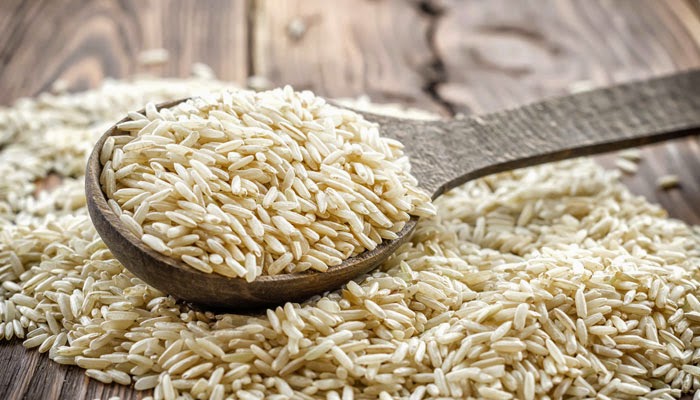Rice can help treat cholera better

|
Getting your Trinity Audio player ready...
|
 London: The main treatment for cholera involves oral rehydration
London: The main treatment for cholera involves oral rehydration
therapy where the patient drinks water mixed with salts and glucose
which can increase the toxicity of the cholera bacterium.
Scientists have now shown that replacing glucose with rice powder can
reduce its toxicity by almost 75 percent.
"The problem is that the infecting bacterium also consumes glucose and
that increases the expression of its genes that make it toxic," said
Melanie Blokesch from the Swiss Federal Institute of Technology (EPFL)
in Lausanne.
Blokesch and Andrea Rinaldo at EPFL correlated data from a recent
cholera outbreak in Haiti with the effectiveness of oral rehydration
therapy.
Blokesch's lab grew the cholera bacterium with different sugars and
starch from potatoes and rice to see how each would affect the cholera
toxin genes.
The scientists found that both the activity of the genes, as well as
the production of the cholera toxin itself were increased when the
bacterium was fed with glucose but they were considerably decreased
when it was fed with starch from rice.
"Although the explanation for this is complicated, one of the reasons
is that the type of sugar available to the bacterium affects the
mechanisms that regulate the activity of its toxin-producing genes.
Ultimately, this effect influences the bacterium's ability to infect
humans," Blokesch added.
"We are not saying stop doing oral rehydration therapy with glucose
right away because it works so well," Blokesch added.
But still, the data suggests that the regimen can be significantly
improved, and that the community needs to start discussing this
possibility again – especially in areas endemic to cholera, the
authors concluded.
The work was published in PLOS Neglected Tropical Diseases.
Credit: IANS





